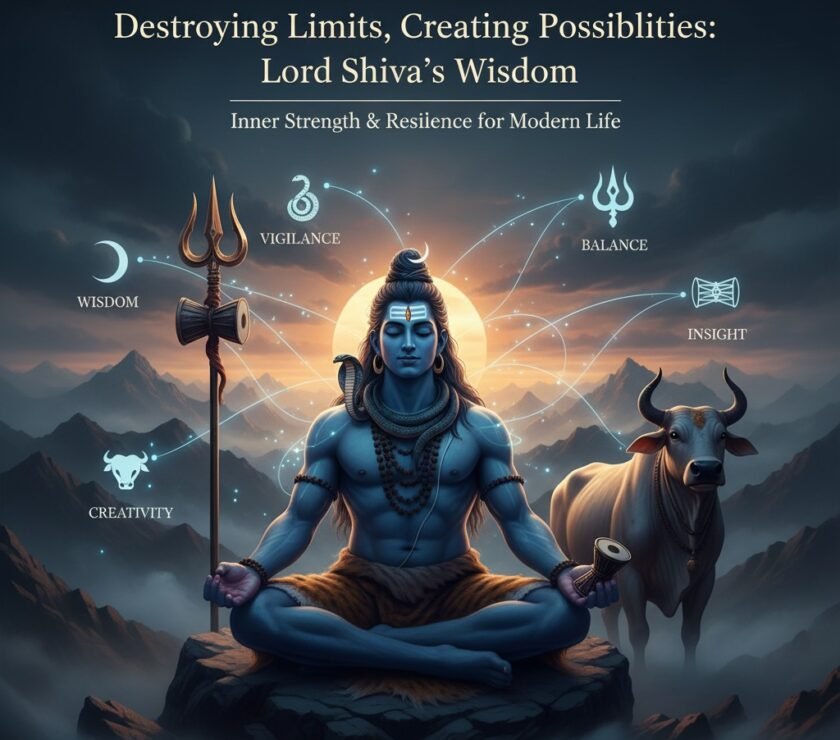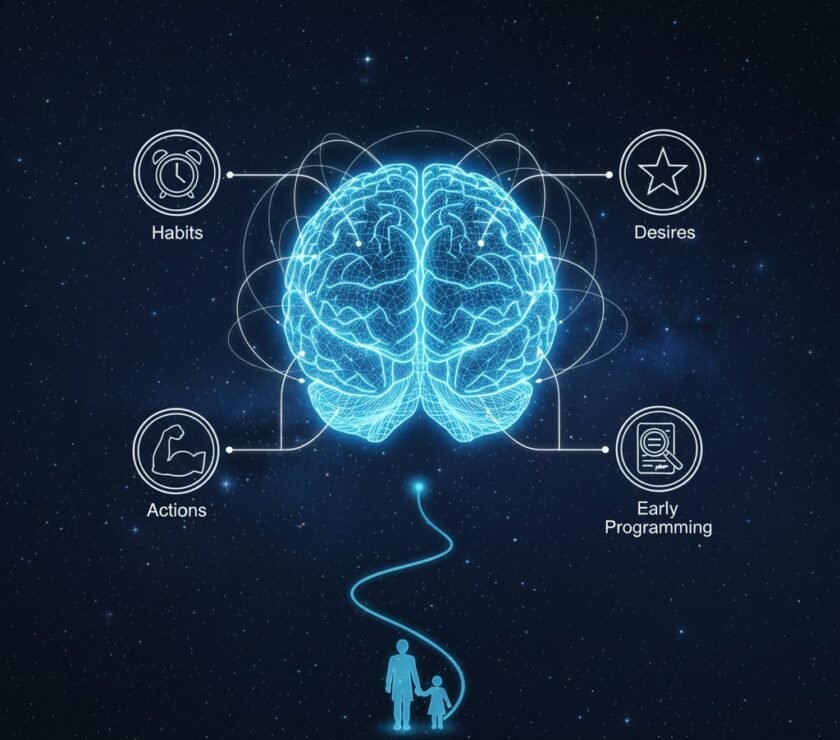When you pick a brand of coffee, subscribe to a service, or say “yes” to a salesperson—you may believe it’s a rational decision. But in truth, much of what drives our choices is psychology at play.
From marketing campaigns to personal pitches, the art of influence relies on deep-rooted human biases and needs. Some people, especially those in sales and persuasion-driven professions, are naturally skilled at leveraging these psychological principles. Others can learn and apply them strategically.
So, what really makes us say “yes”?
The truth is, salesmanship is not just about strategies or pitches. At its core, it is about harnessing human psychology—the way people think, feel, and behave when making decisions. And some people have a natural personal magnetism that makes influence almost effortless.
The Psychology of Influence in Sales
Research in psychology gives us further insight into why we say “yes.” The principles of persuasion, famously identified by Robert Cialdini, show how influence operates:
- Reciprocity: We feel obliged to return favors (free trials, samples).
- Scarcity: Limited offers trigger urgency.
- Authority: Expertise and credibility inspire trust.
- Consistency: Small commitments grow into bigger ones.
- Liking: We buy from people we like.
- Social Proof: Reviews and testimonials reassure us.
Great salespeople naturally blend these principles with their personal magnetism, creating a powerful combination.
The Sales Energy
The energy with which an individual commits to their work is a strong determinant of their success. Assertiveness, persistence, conviction—these traits often make a salesperson seem unstoppable.
Psychologists like Freud and Jung pointed to libido, or psychic energy, as a fundamental driving force of human behavior. While Freud emphasized its sexual basis, thinkers like Napoleon Hill (in Think and Grow Rich) suggested that this energy can be transmuted— sexual energy into sales energy. This highlights a fascinating truth: when strong human drives are redirected, they become a source of creativity, passion, and productivity. They don’t just sell a product; they sell themselves—their conviction, their enthusiasm, their energy.
This doesn’t mean suppressing natural instincts but rather reframing them into constructive expression. Many geniuses in art, science, and invention have historically been inspired by this very redirection of energy.
How to Know If You’re Being Influenced (and How to Manage It)
Influence is powerful, but it’s equally important to know when it’s happening to you. Here are five ways to recognize and manage influence so you stay in control of your decisions:
- Notice Emotional Triggers
– If you feel unusually excited, fearful, or rushed, pause. Sales tactics often use urgency or scarcity to bypass rational thinking.
– Ask yourself: Am I reacting emotionally or thinking clearly? - Check for Reciprocity Pressure
– Free samples, favors, or exclusive deals can create a subtle obligation to “return the favor.”
– Ask yourself: Would I still want this product/service if nothing was offered to me beforehand? - Evaluate the Source of Authority
– Titles, testimonials, or “expert claims” often push us toward trust.
– Ask yourself: Is this person genuinely credible, or am I just impressed by their presentation? - Be Aware of Liking Bias
– We’re more likely to say yes to people we like or who resemble us.
– Ask yourself: Am I buying the product—or just buying into the person’s charm? - Pause Before Committing
– The easiest way to resist unwanted influence is time. Step back before deciding.
– Ask yourself: Would I still make the same decision tomorrow?
Want to Make Choices with Confidence?
Understanding external influence is the first step. Understanding your own internal patterns is the next. If you’re ready to explore your decision-making process and build stronger self-awareness, our counselors are here to guide you.
Make an Appointment

